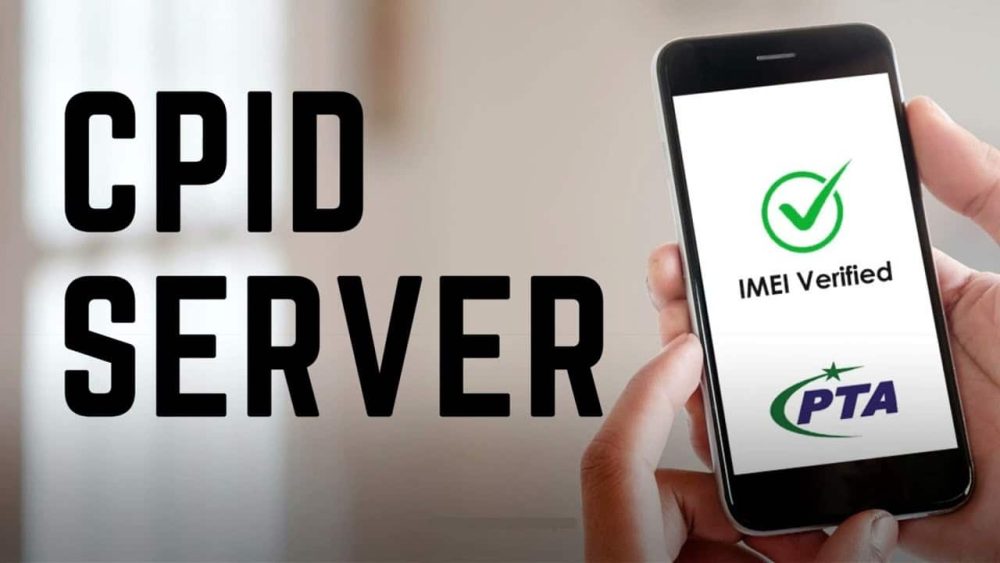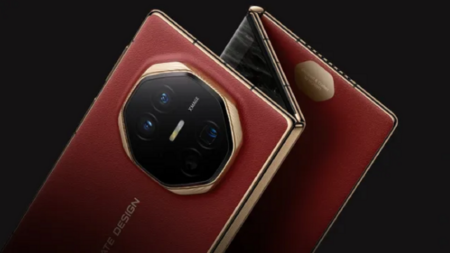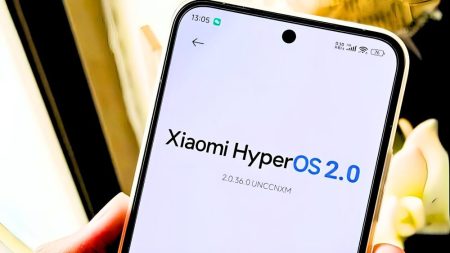In the dynamic landscape of technology, where the allure of the latest smartphones is irresistible, a clandestine operation has come to light. The law enforcement agencies have sounded the alarm, revealing a surge in mobile phone smuggling into Pakistan through Dubai and various other countries. This illicit trade is not only causing substantial financial losses, amounting to billions of rupees, but it’s also raising concerns about security and regulatory compliance.
The Rise of Mobile Phone Smuggling
As import taxes soar and foreign exchange rates fluctuate, the appeal of acquiring smartphones through unofficial channels has intensified. The government and enforcement agencies are grappling with the consequences of a sharp increase in mobile phone smuggling. The stakes are high, and the culprits behind this operation are not limited to individuals; even popular websites have found themselves in the crosshairs of authorities.
Dubai: The Smuggling Hub
Dubai has emerged as the epicenter of this illicit trade, serving as the most frequent air route for smuggling mobile devices into Pakistan. The magnitude of the issue has prompted the government to take decisive action against the smugglers and the avenues they exploit.
The Underworld Unveiled
CPID and Patch Approvals
At the heart of this covert operation are methods like CPID (Consumer Product Identification) and patch approvals. These techniques allow smugglers to obtain PTA (Pakistan Telecommunication Authority) approvals through illicit means. CPID, in particular, has gained notoriety for its affordability, making it an attractive option for those seeking to use SIM cards on flagship phones without the hassle of official approval.
What is CPID/Patch Approval?
In essence, CPID approval involves manipulating a device’s original firmware without rooting it, thereby eliminating the SIM lock. The process changes the IMEI (International Mobile Equipment Identity) number, a unique 15-digit identifier, with that of an already PTA-approved device. Imagine a Samsung Galaxy S23 Ultra masquerading as a humble Nokia 3310.
Patch approvals follow a similar trajectory, with the added caveat of restricting the device to a single software patch, preventing users from updating their phones.
Crackdown on CPIDserver.com
In response to the escalating crisis, the government and PTA are gearing up for a crackdown on a notorious website, cpidserver.com. This website operates globally, providing CPID approval services for a myriad of devices. The authorities, having shortlisted hundreds of smugglers and shops involved in these illegal practices, are poised to take decisive action against this online facilitator.
The Future of Illicit Approvals
While the crackdown on cpidserver.com may not signal the absolute end of CPID or patch approvals in Pakistan, it undoubtedly sends a strong message. The government and PTA are likely to broaden their efforts in the future, expanding the scale of their crackdown to curb the illegal approvals of smuggled devices. As they tighten the regulatory noose, the underworld of mobile phone smuggling faces an uncertain future.
Conclusion: Navigating the Regulatory Landscape
In a world where technology evolves at breakneck speed, the regulatory landscape must keep pace. The revelation of mobile phone smuggling and the exploitation of CPID approvals underscore the challenges faced by regulatory bodies. As consumers, it is crucial to be vigilant, ensuring that our devices adhere to legal and ethical standards.
Stay informed, stay compliant, and let’s collectively contribute to a digital landscape that thrives on integrity and legality.
Feel free to share your thoughts in the comments section below. Your insights could spark conversations that lead to a safer and more secure digital environment. Don’t forget to subscribe for more updates on the evolving tech landscape.




